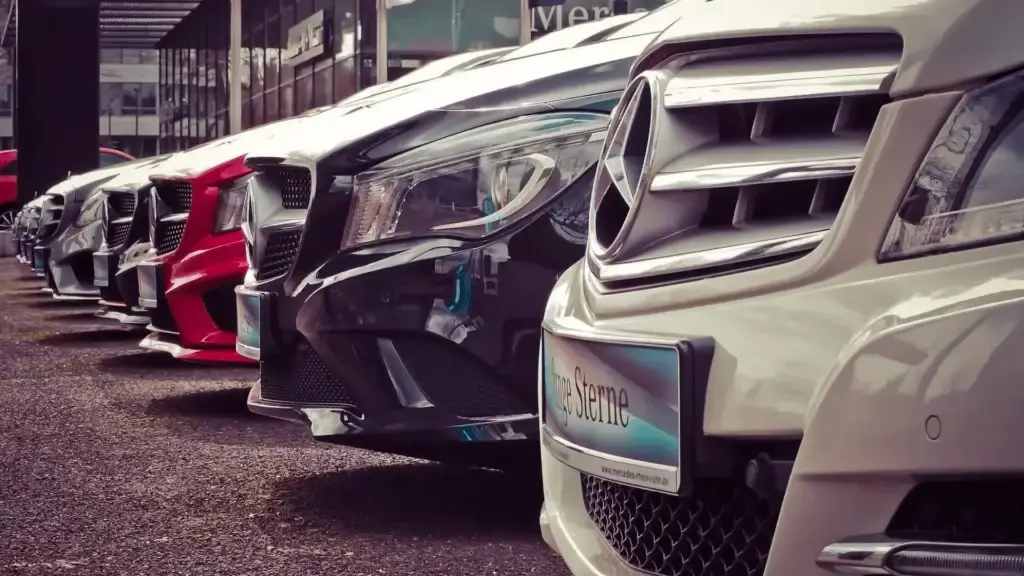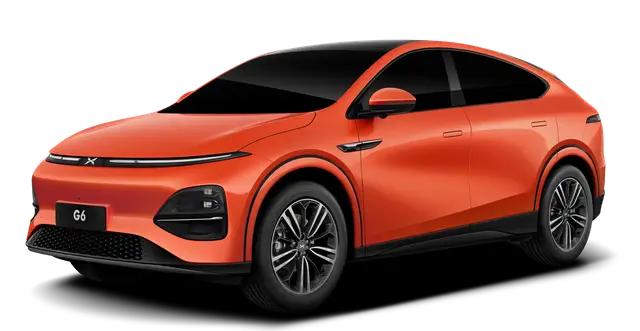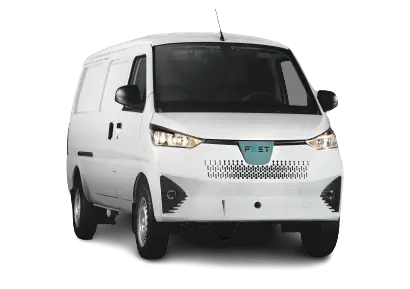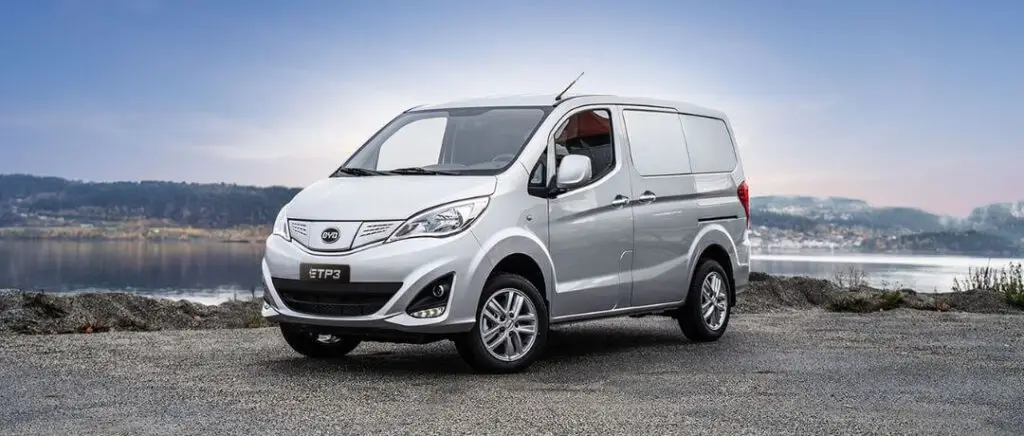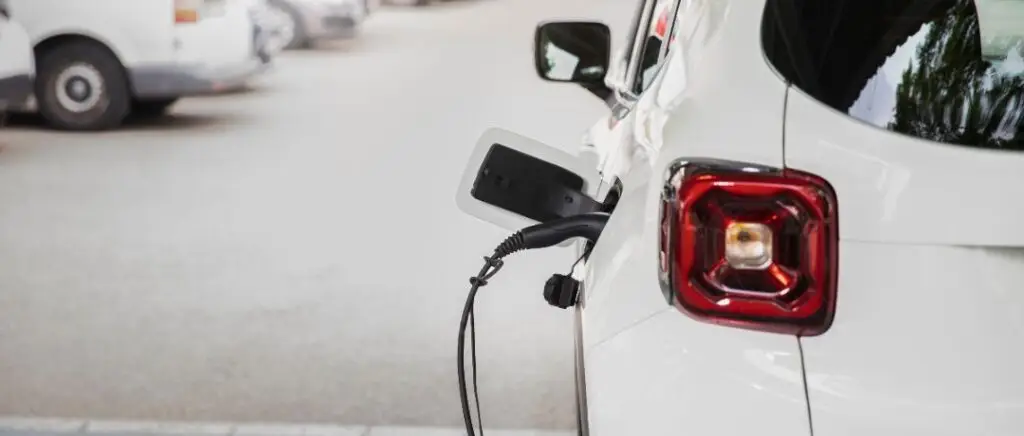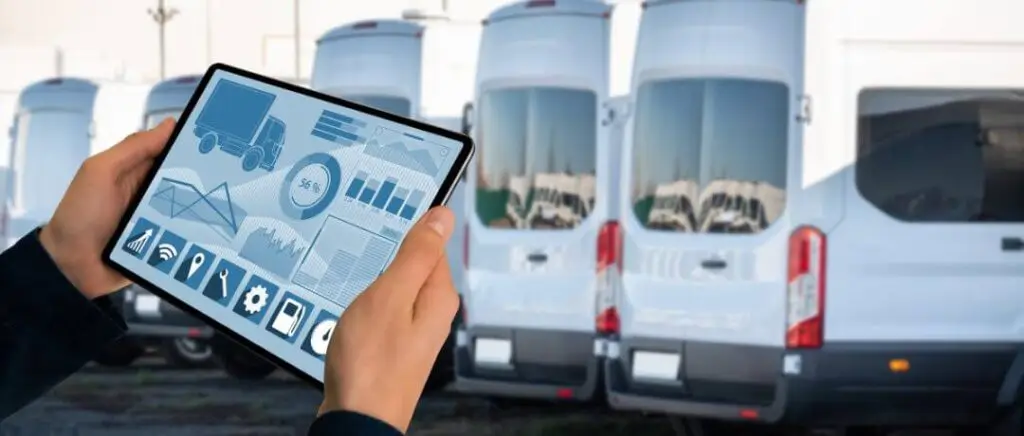The benefits of fleet insurance
Save time and money
In the first instance, this insurance is adaptable to your actual needs. The company can adapt its formula by adding or removing coverages. As a result, you pay a fair price, in line with the risks represented by the vehicles in your fleet.
What's more, having just one contract for a group of vehicles saves the company a considerable amount of time and money. With only one contract to manage, procedures and communication with the insurance company (or broker) are fluid, fast and efficient.
As for the financial gain, it can be explained by the fact that a single contract, covering a group of vehicles, offers a better return per vehicle in insurance terms, than several individual contracts for the company's entire fleet. This is the famous volume purchasing technique. Financial savings are also achieved by simplifying the management process. As the company has a single fleet insurance contract, management and accounting costs are deducted from the company's expenses.
To find out more : How can insurance help electric vehicle adoption?
Fleet insurance: low malus potential
Secondly, the advantage of fleet insurance is that it does not include the coefficient de réduction majoration (CRM) found in conventional contracts. The premium is calculated each year on the basis of the number of claims incurred during the previous policy year. For this type of policy, the calculation is made at the policy expiry date.
That said, all fleet accidents must be reported to the insurer by the person contractually responsible. These are kept in the AGIRA (Association pour la Gestion des Informations sur le Risque en Assurance) database, which can be consulted by insurers. Logically, this enables insurers to verify all the information provided by the company when the contract is drawn up.
The company must therefore establish a single main driver for the entire fleet, taking care to include all potential employees as occasional drivers on the contract. In the event of a claim, as with a conventionalmotor insurance contract only the principal insured will be responsible for reporting the accident, as well as paying the premiums.
At each renewal date, the amount of the insurance premium will be calculated on the basis of claims reported in the previous year and the profiles of the various drivers (primary, secondary, occasional).
A negotiable contract
Given the absence of the reduction-majoration coefficient¹, the fleet insurance contract gives the insured the possibility of negotiating his contract.
This applies both at the time of subscription and at the time of renewal.
You can also add a number of additional coverages, such as professional comprehensive insurance, assistance with no mileage excess, theft, glass breakage...
Depending on the structure of the contract offered by the insurer and the negotiations undertaken by the insurable party, some companies manage to cover their fleets in the best possible way and with the most appropriate cover, while trying to divest themselves of less useful cover in order to keep premiums reasonable.
It is therefore even more useful for the future policyholder to take a good look at the various companies offering this type of insurance, to compare their offers carefully and, finally, to negotiate them before taking out the policy.
To find out more: Benefits in kind for vehicles: an easy-to-understand guide.
How are fleets classified?
Company car
A company car is a vehicle made available to employees by the company. The vehicle is used both for professional and personal purposes. The employee can therefore use it outside working hours.
This is a benefit in kind, and is subject to social security contributions.
Read also: Buying a company car: a bad idea?
Service car
Unlike a company car, a company car cannot be used outside working hours. It is therefore not considered as a benefit in kind, and does not entail the deduction of social security contributions.
To find out more : electric company car vs service car: what's the difference?
2-wheel vehicle
Often used by couriers, delivery drivers, etc., companies can add 2-wheelers to their fleets. These are particularly useful for getting around in traffic jams and city traffic.
The trucks
Trucks are vehicles weighing over 3.5 tonnes.
They are only requisitioned to transport goods.
There are 2 types of truck:
- The straight truck.
- The truck.
The straight truck is used to transport a container or heavy equipment directly from its chassis. The tractor truck tows a container.
Utility vehicles
A vehicle is considered a utility vehicle if it can be used to transport goods and weighs less than 3.5 tonnes, unlike its truck counterpart. It must also respect precise dimensions. It must be less than 12 meters long and 2.60 meters wide.
Get a car policy with Beev!
Need a car policy for your company? Beev offers you a free personalized car policy for your company.
Which car fleet insurance and guarantees to choose?
Mandatory warranties
By law, all motor vehicles, including land vehicles, must at least be covered by third-party insurance in France. More commonly known as civil liability, if a person A causes damage to a person B, this coverage will pay material and bodily compensation to the victim. This is one of the most important types of insurance for a company director. In the event of an accident, the company will not be held financially liable.
How to choose a fleet insurance policy?
When it comes to insurance, there are several options available. These are :
- Third-party cover (compulsory minimum): thisis the minimum required for all motorists. It's the least expensive of the formulas, because its level of coverage is also the lowest. It covers only the physical and material damage you are likely to cause to other road users.
- Extended third-party cover: thisgenerally offers the best value for money.
Extended third-party cover is based on the same principles as simple third-party cover, but can be combined with optional cover. These include coverage for natural disasters, technological incidents, terrorist attacks, fire, theft and glass breakage. - All-risk insurance: we end with what is surely the best-known form of all-risk insurance .
It's the most comprehensive option, but as you'd expect, it's also the most expensive. In short, this coverage indemnifies you whatever happens, whatever the context. We recommend this type of insurance if your vehicle is very valuable.
Optional warranties
Depending on its sector of activity and the risks it incurs, the company can select the formula to which it subscribes from the following options:
- Transport insurance
It covers goods destroyed in the event of loss or theft. Driver and any passenger protection will compensate third parties (non-drivers) transported in the VTM (motorized land vehicle) in the event of a claim. We recommend you take out this insurance if you regularly transport high-value goods.
- Collision damage waiver
A less protective variant of comprehensive coverage is collision damage. This covers only at-fault accidents involving an identified third party.
- Tracker service
The tracker service allows you to track your vehicles by GPS. It can be offered directly by your insurer if you have mileage insurance. The tracker analyzes driving habits, average distances covered and speed. Depending on the data collected, the insurer will offer you a higher or lower price for your vehicle's insurance.
Another useful application for the tracker service is that it can also be used to protect your fleet, making it easier to locate stolen vehicles.
How to choose a fleet insurance company?
All insurance brokers and companies will be able to draw up a contract for a fleet of vehicles. In most cases, all these insurance companies have very similar offers and formulas. That's why it's necessary to put these different offers in competition with each other. In the majority of cases, this strategy pays off, since the different insurance companies that compete will strive to offer the most comprehensive package to attract potential customers.
Several factors come into play when choosing an insurer:
- The first step is to obtain quotes from various organizations.
- It should be noted that the amount of contributions depends on the number of cars and drivers, car models, distances covered annually, the sector of activity and the type of business.
- Secondly, it's a good idea to run a budget simulation to get an idea of the approximate cost of your fleet insurance premiums.
Key points to remember
A fleet is a company's fleet of 3 or more vehicles. Fleet insurance allows you to insure all the vehicles in your fleet under a single contract, enabling you to use a bulk rate and save money.
There are 3 types of insurance:
- third-party insurance (cheapest)
- extended third-party insurance (intermediate solution)
- comprehensive insurance (the most comprehensive, but also the most expensive)
There are a number of optional coverages, some of which, such as the tracker service, can help you reduce the price of your insurance.
To find out more: Everything you need to know about car fleets.
